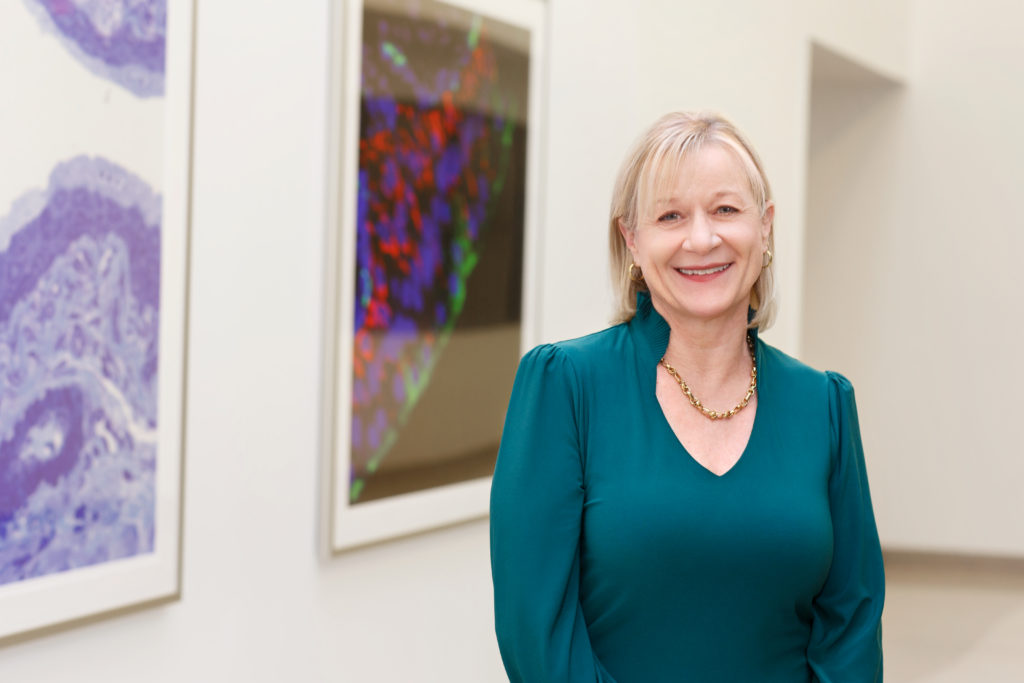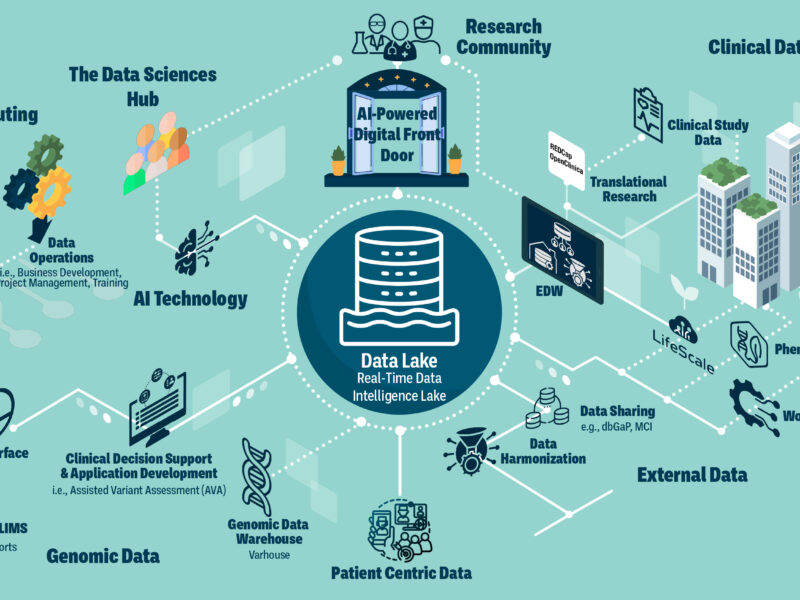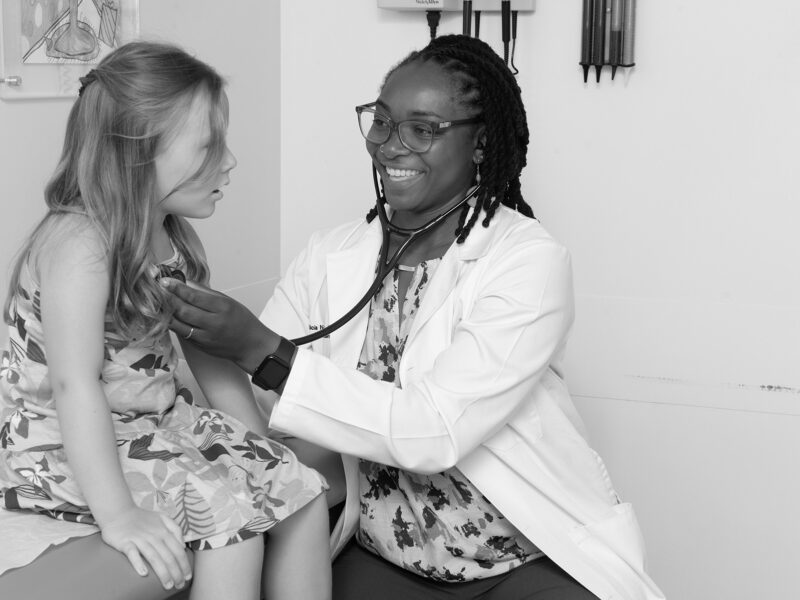Lessons Learned Through a Global Pandemic
Lessons Learned Through a Global Pandemic https://pediatricsnationwide.org/wp-content/uploads/2021/04/120920BS0059-C-1024x683.jpg 1024 683 Lauren Bakaletz, PhD Lauren Bakaletz, PhD https://pediatricsnationwide.org/wp-content/uploads/2016/04/LaurenBakaletz.jpg- April 28, 2021
- Lauren Bakaletz, PhD

As a microbiologist and vaccinologist, I spend nearly every day thinking about viruses and bacteria and the diseases they cause, as well as how to best prevent them from doing so.
While in graduate school, we were taught about the great ‘flu’ pandemic of 1918 that infected one-third of the world’s population and killed 20-50 million people, as well as the lessons learned from that tragic event. Given all the advances in public health since that time, I never thought I would experience a global pandemic of those proportions in my own lifetime. And yet, we’re all experiencing a similarly catastrophic event with 110 million cases of COVID-19 worldwide as of mid-February 2021. One that will require additional vigilance to overcome.
I was asked recently if there was likely any good to come out of this situation and what lessons I believe we will learn this time. I believe there are many.
First, we learned that we don’t need decades to make a vaccine. There was nothing typical about the race to develop vaccines to prevent SARS-CoV-2 disease, but it’s important to remember that no important steps in the painstaking process to create a safe and effective vaccine were compromised, despite the rapid pace.
Normally, this process can take 10-20 years. For example, in 2004, my team demonstrated that one of the bacteria, nontypeable Haemophilus influenzae (NTHI), expressed an appendage called a ‘type IV pilus.’ We reported this for the first time early in 2005. Since then, there were 10 more years of extensive studies in laboratory before the vaccine candidate we developed to prevent otitis media or exacerbations of COPD was first injected into a human being. These clinical trials are still underway, 17 years later.
But in the face of a pandemic of this proportion, for a virus this transmissible and due to an intolerably high death rate, a greater sense of urgency prevailed. The needed resources were provided. Further, prior experience with outbreaks of both SARS in 2002 and MERS in 2012, which are also members of the coronavirus family, helped jumpstart efforts to develop vaccines against SARS-CoV-2, as much was learned in those efforts.
Now, we have a far greater understanding of messenger RNA and how mRNA vaccines work. My hope is that this experience will allow us to now consider mRNA vaccines for other viral pathogens (e.g. measles, mumps, rubella, vaccinia, varicella-zoster, yellow fever, rotavirus and influenza) thereby increasing efficacy and/or facilitating delivery to immunocompromised or pregnant individuals. Additionally, my hope is that we have learned how to better streamline the process for other long-sought or needed vaccines and even more public-private partnerships will be aligned to achieve similar goals.
Second, SARS-CoV-2 has taught a Master Class to the entire world about how incredibly powerful these invisible-to-the-naked-eye entities can be. With only a fraction of the genetic material that a human has, microbes have the power to bring us to our knees. This has also brought renewed attention to the need for scientists, physicians and public health workers to help us through the current pandemic. And to help prevent a future pandemic of this magnitude.
I believe there is enhanced appreciation for the real need for scientists, bench researchers and those who both conduct and participate in clinical trials. The Association of American Medical Colleges report an 18% increase in applications to enter medical school in 2021. Many attribute this fact to the “Fauci effect” due to the high visibility of, and confidence in, Anthony Fauci, MD, the director of the National Institute of Allergy and Infectious Diseases, during the pandemic.
The New York Times reports that COVID-19 has changed how the world does science, “creating a global collaboration unlike any in history.” And Pew Research reports that Americans’ confidence in scientists has grown, along with perceptions that physicians hold high ethical standards.
In my experience, any increase in interest in, knowledge and understanding of the work of basic scientists, clinician scientists and physicians is welcome. My hope is that this will translate into greater support for funding of the work that we do.
Finally, this pandemic has taught me to never again take for granted all the simple things in life that I have missed so dearly this past year.
About the author
Lauren Bakaletz, PhD, is the director of the Center for Microbial Pathogenesis, Tillie E. Coleman Endowed Chair in Pediatric Research and vice president for Basic Sciences Research at Nationwide Children’s Hospital. She is also the recipient of the
2021 Steve Allen Distinguished Scholar Award.
-
Lauren Bakaletz, PhDhttps://pediatricsnationwide.org/author/lauren-bakaletz-phd/
- Posted In:
- Features
- Second Opinions







